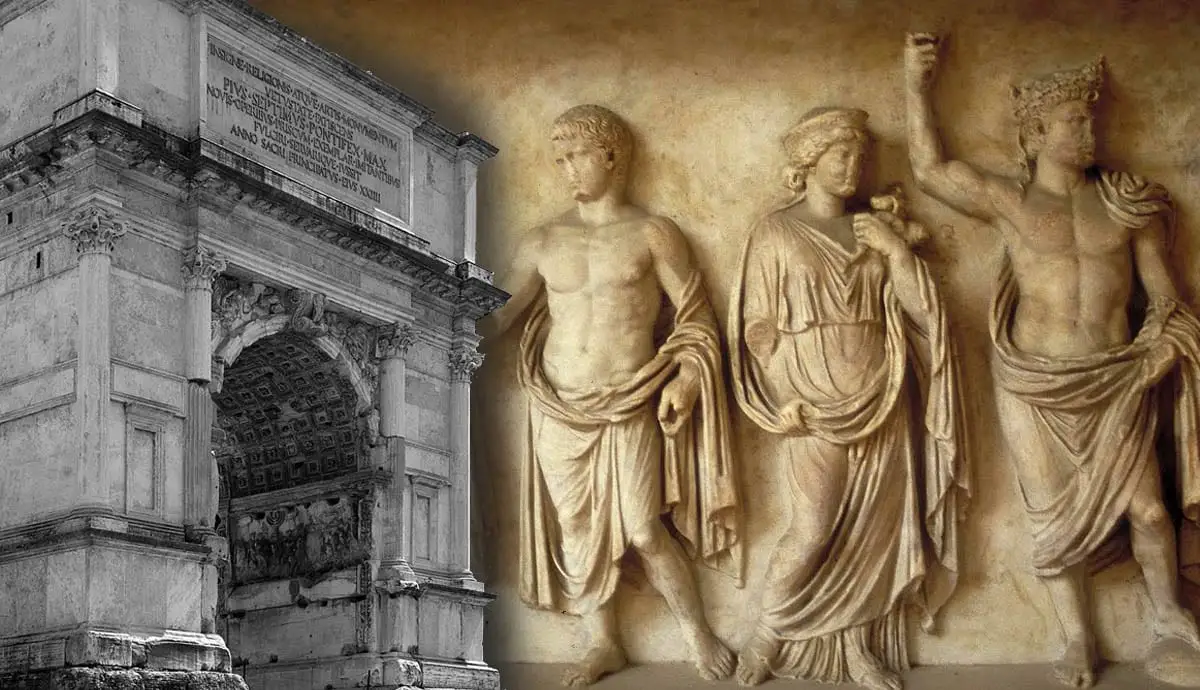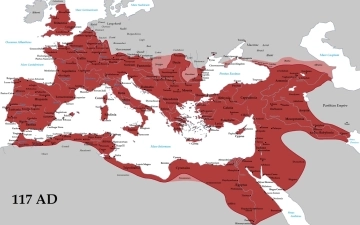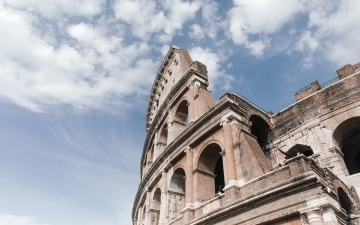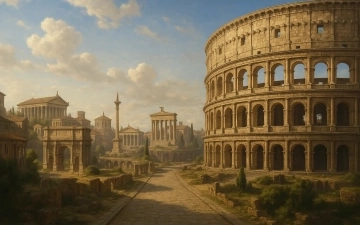Vespasian: Rebuilding Rome and the Legacy of the Flavian Dynasty

The Roman Empire has seen its share of dynasties and emperors, but few have left as lasting a legacy as Vespasian and the Flavian Dynasty. Vespasian, the founder of this dynasty, rose to power during a time of turmoil and financial crisis and proceeded to transform Rome. In this article, we delve into the life and reign of Vespasian and explore the enduring legacy of the Flavian Dynasty.
Early Life and Military Career
Vespasian, originally named Titus Flavius Vespasianus, was born in 9 CE in a relatively modest family with an equestrian background. He began his career as a military officer, serving in various campaigns in Britain and Judea. His military successes and reputation for discipline and loyalty caught the attention of successive emperors, including Claudius and Nero.
The Year of the Four Emperors
In 69 CE, Rome plunged into a period of chaos known as the Year of the Four Emperors. After the suicide of Nero, civil wars erupted as competing factions vied for control of the empire. Vespasian emerged as a formidable contender, with strong support from his legions and the eastern provinces.
Reforming and Rebuilding Rome
Vespasian's reign as emperor, which began in 69 CE, marked a significant turning point in Roman history. He faced enormous challenges, including a drained treasury, a weakened economy, and political instability. Despite these difficulties, Vespasian initiated a series of reforms that would shape the future of the Roman Empire:
- Economic Reforms: Vespasian introduced a tax on public urinals (the famous "urine tax") and improved tax collection methods, which helped replenish the imperial treasury.
- Building Projects: He initiated ambitious public building projects, including the construction of the Colosseum and the restoration of the Roman Forum, which revitalized the city of Rome.
- Stabilizing the Empire: Vespasian restored order and stability to the empire, putting an end to the chaos of the Year of the Four Emperors.
The Flavian Dynasty
Vespasian's reign laid the foundation for the Flavian Dynasty, which included his two sons, Titus and Domitian, who succeeded him as emperors. Titus continued his father's legacy, overseeing the completion of the Colosseum and responding effectively to natural disasters, including the eruption of Mount Vesuvius. Domitian, while facing challenges, continued the Flavian tradition of strong leadership.
Legacy and Impact
Vespasian's reign and the Flavian Dynasty are remembered for their stability, sound governance, and a return to traditional Roman values. Vespasian's ability to restore the empire's finances and infrastructure has earned him a place among Rome's most effective emperors. His legacy as a builder and reformer continues to be evident in the architectural marvels of ancient Rome and the enduring influence of the Flavian Dynasty on Roman history.
Vespasian's reign represents a pivotal moment in Roman history when the empire was steered away from chaos and towards stability and prosperity. His enduring legacy, as well as that of his dynasty, continues to shape our understanding of ancient Rome and its enduring contributions to civilization.
Related Posts
Vespasian: Rebuilding Rome and the Legacy of the Flavian Dynasty
The Roman Empire has seen its share of dynasties and emperors, but few have left as lasting a legacy as Vespasian and the Flavian Dynasty. Vespasian, the founder of this dynasty, rose to power during a time of turmoil and financial crisis and proceeded to transform Rome. In this article,...
Read MoreA Journey Through Time: Mapping Ancient Rome and Jerusalem
For centuries, Rome and Jerusalem have captivated historians and travelers alike. These two powerful cities, though geographically distant, were intertwined throughout much of their ancient history. But how close were they? Let's explore maps depicting these ancient cities and their respective empires. The Mediterranean World: A Roman Sea During the height of...
Read MoreThe Role of Horses in the Roman Empire: From War to Sport
If we look back on the Roman Empire, we can see that horses played an important role. They were engines of power and symbols of prestige, and they were used for agriculture, traveling, warfare, and yes, entertainment like chariot races. Spanning centuries of conquest and culture, horses have always been closely...
Read MoreBoost Productivity Respectfully: Non-Intrusive Alternatives to Screen Capture Monitoring
Screen monitoring has become essential in modern work environments, particularly with the shift towards remote and hybrid models. Many companies utilize screen capture tools to ensure productivity. But is this the best way to enhance employee performance? Overview of screenshot-based monitoring Screen capture employee monitoring is a popular tool used by managers...
Read MoreMajestic Ancient Rome: Unveiling the Timeless Splendor of Ancient Roman History Architectural Marvel and Colosseum
Introduction The history of Rome is an intricate weave of power, culture, and art. It gives ample narratives ever since the rise of the Roman Republic until the Empire Era Greco-Roman civilization is captivating for the world, historians and travelers as well. In this article we tell the story of...
Read MoreCareer Guide: Construction Managers – Building Careers in the Built Environment
Construction managers are the masterminds behind the successful delivery of building and infrastructure projects. They ensure that every phase of construction — from initial design planning to the final handover — is carried out efficiently, safely, and in compliance with all regulations. As pivotal leaders in the construction sector, they...
Read More






















